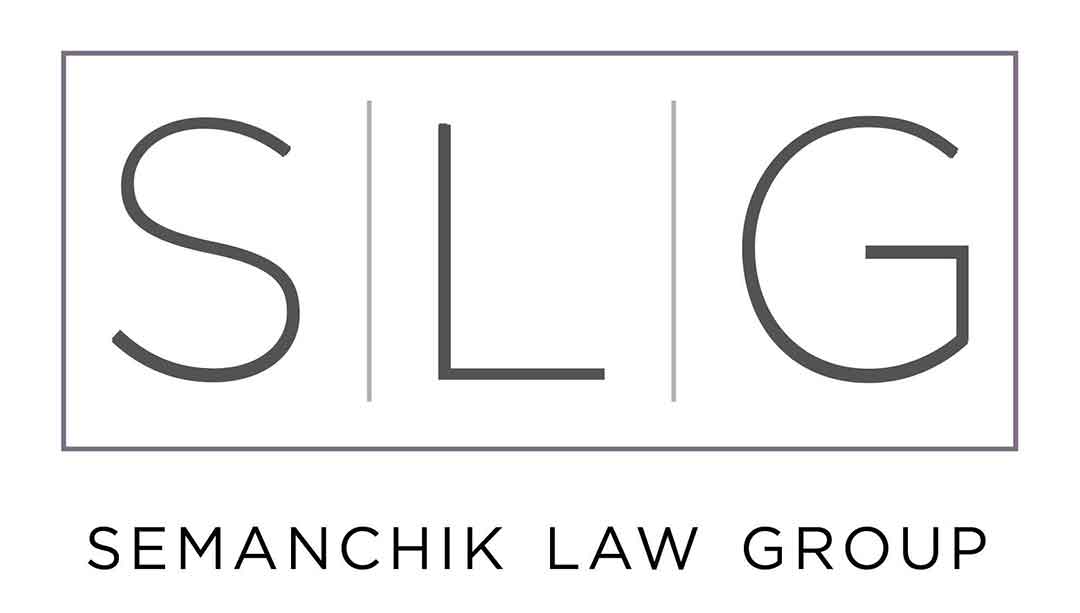
There are a couple of things in life that make us feel like we are true adults. Buying a house is a big one. Suddenly, you realize that buying a house means getting your finances in place, taking on a mortgage, getting insurance…basically full on adulting. Fortunately, the excitement of finally owning your own home makes all of the hoops you have to jump through totally worth it. Plus, you have realtors and mortgage brokers walking you through the process which makes the difficult parts a whole lot easier.
Once you own the home, you are generally left to your own devices to pay your mortgage on time, hire your own plumber and pay your property taxes. But there might be one final part of the home buying process that you didn’t quite consider. What happens to your home after you die? As an estate planning attorney, I realize that no one likes to talk about their own death. But buying a house in California is a big deal and you should make a plan for what happens to that house when you die.
If you have a spouse it is likely that you are both listed as owners of the house even if you are not both on the mortgage. This means the deed of the house has both you and your spouse’s name. But what language comes after your name? Did you know there are a few different ways that you can own your house? It is possible that when you signed the closing documents you checked a box that made that decision. You can own your home individually or as joint tenants, tenants in common or community property with your spouse. How you own your home affects what will happen to your home when you pass away. This is a huge decision and might be one you didn’t spend much time thinking about when you bought it.
If you are married, it’s likely that you own your house as either joint tenants or community property with right of survivorship. What’s the difference between joint tenancy and community property and what will happen to your house if you pass away? Thankfully, both joint tenancy and community property with right of survivorship allow for your property to pass to your spouse automatically when you pass. But what will happen when both you and your spouse pass away?
If you don’t have a living trust in place it’s likely that your estate will need to be probated. The reason is that in California, assets over $150,000 that are not jointly held will need to be probated in order to pass to your heirs. So if you and your spouse own a house as joint tenants and your spouse dies, the house will pass to you without probate. But on the death of your spouse, without a trust, your estate will need to go through the probate process if it’s over $150,000. Let’s be real, if you own a home in California, it’s probably over $150,000 so to probate land your estate is likely to go.
If you are single, it’s even more important that you have an estate plan because your estate will be probated and you might not like who the state decides to give your assets to. We won’t go into how annoying and expensive the probate process is because we’ve covered that before.
So if you are married how do you decide between holding title as joint tenancy or community property? If the house is, in fact, community property (acquired during marriage out of community property funds), it’s probably best to hold title as husband and wife as community property with right of survivorship. For most of my estate planning clients in this situation, I make sure to deed their house first as community property with right of survivorship before transferring it into the trust. Why? Because holding title as community property allows the second spouse to die to receive a “double step up in basis”. This means that when the first spouse dies, the second spouse gets to use the date of death value of the entire property as their new tax basis. For example, if you purchase a house for $300,000, that is your tax basis. But if your spouse dies 20 years later and the fair market value of your house is $1,000,000 on the day your spouse dies, that is your new stepped-up tax basis. If you then turn around and sell your house, you will only pay capital gains on any amount over the new stepped-up basis of $1,000,000. Who knew, checking a box could make such a big difference on the taxes you pay years down the road?!
A recap for those who are married and buying a house consider: 1) Checking the box that says husband and wife as community property with right of survivorship; 2) Getting a living trust in place and make sure to transfer title of your house to the trust to avoid probate. For those who are unmarried its even more important that you get a trust in place to avoid probate and make sure your house passes to the person of your choice.
Of course, this article is meant to be a brief introduction and shouldn’t be considered legal advice. If you have questions, please contact us, we would love to hear from you!


